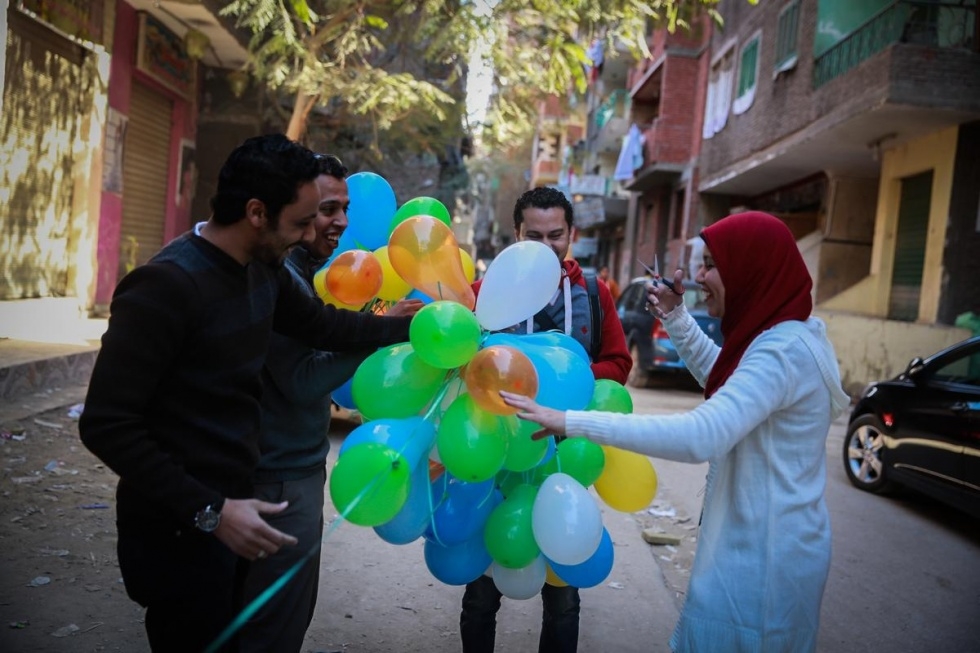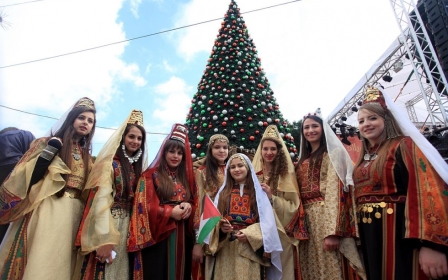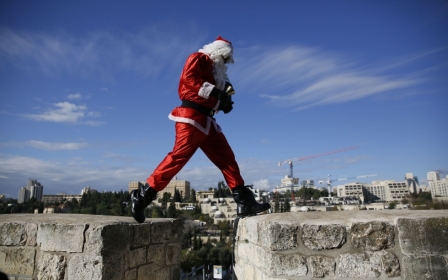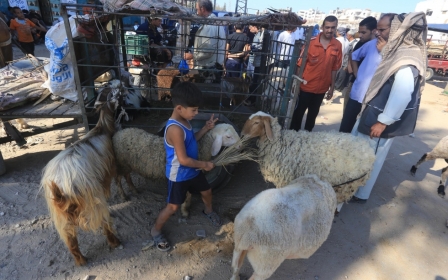Mawlid al-Nabi: Celebrations across the Middle East

Worshippers gathered in countries around the world this weekend to celebrate the Muslim festival of Mawlid al-Nabi, which marks the birth of the Prophet Muhammad in around 570 AD. Celebrations were observed this year in countries as diverse as Ethiopia, Bosnia and Herzegovina, Ukraine and Uganda. The festival is also observed by many Muslims across the region in the Middle East.
However, Mawlid al-Nabi, which translates from the Arabic as The Prophet’s Birthday, is not celebrated on the same date by all Muslims. Many members of the Sunni sect marked the date on Saturday, the 12th day of the current month of the Islamic calendar, Rabi’a al-Awwal. Meanwhile some Shi’ite believers have yet to celebrate, as they will mark the Prophet’s birthday on the 17th day of Rabi’a al-Awwal. Nor is the festival celebrated by all – for more conservative believers, marking the Prophet’s birthday is considered “bida,” an innovation, and is therefore rejected.
For those who did celebrate on Saturday, the festivities took many different forms. In Sudan, thousands traditionally gather in public squares for celebrations attended by members of hundreds of different Sufi sects. Children are given special toys, and eat garish pink sweets.
This year the Moroccan King, Mohamed VI, marked the occasion by granting a royal pardon to 307 prisoners.
In Yemen, which is currently experiencing widespread upheaval due to a militant takeover of the capital and many major cities, Mawlid festivities went ahead. Houthi militants, who belong to a heterodox strand of Shi’ite Islam that supports the festival, ordered that the doors of all shops in the southern town of Ibb be painted green in celebration.
Middle East Eye propose une couverture et une analyse indépendantes et incomparables du Moyen-Orient, de l’Afrique du Nord et d’autres régions du monde. Pour en savoir plus sur la reprise de ce contenu et les frais qui s’appliquent, veuillez remplir ce formulaire [en anglais]. Pour en savoir plus sur MEE, cliquez ici [en anglais].




